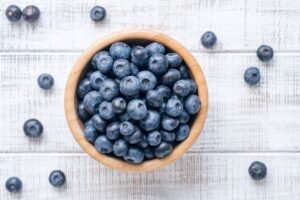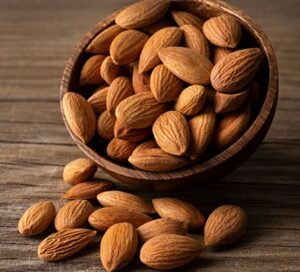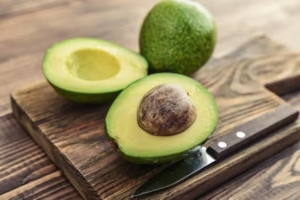When it comes to Most Nutritious Foods You Should Include in Your Diet , the goal is to fuel our bodies with the vitamins, minerals, and other nutrients needed for optimal health. The idea of “nutritious food” refers to those that provide the most benefits for your body, whether it’s for maintaining energy, boosting immunity, or supporting overall bodily functions. In this article, we’ll explore some of the most nutritious foods you can include in your diet to stay healthy, strong, and energised.

Table of Contents
10 Most Nutritious Foods You Should Include in Your Diet
1. Leafy Green Vegetables
Leafy greens, such as spinach, kale, collard greens, and Swiss chard, are packed with nutrients while being low in calories. They are rich in vitamins A, C, E, and K, as well as a variety of B-vitamins. These vegetables are also high in fibre, which promotes healthy digestion, and they contain a wide array of minerals like iron, calcium, and magnesium. The antioxidants found in leafy greens help to fight inflammation and support immune health.


2. Berries
Berries, particularly blueberries, strawberries, raspberries, and blackberries, are small powerhouses of nutrition. They are loaded with antioxidants like flavouring and vitamin C, which support immune function and protect the body from oxidative stress. Studies have shown that berries can improve brain function and reduce the risk of chronic diseases, such as heart disease and cancer. Additionally, they are high in fibre, making them great for digestive health.

3. Nuts and Seeds
Nuts and seeds, including almonds, walnuts, chis seeds, flax seeds, and pumpkin seeds, are excellent sources of healthy fats, protein, and fibre. They are also rich in vitamins and minerals, such as vitamin E, magnesium, and zinc. Nuts and seeds help to maintain heart health, support healthy brain function, and promote satiety, which aids in weight management. Omega-3 fatty acids found in walnuts and flax seeds are especially beneficial for reducing inflammation.

4. Five Major Food Groups: Salmon and Fatty Fish
Salmon, mackerel, sardines, and so on are top sources of omega-3 fatty acids, which are crucial for heart and brain health. Omega-3 inflammation, cognitive function, and more serious chronic conditions such as heart disease may issue them. Apart from fatty fish providing omega-3, they also provide high-quality proteins, vitamin D, and selenium, which strengthen bones and boost immune health.

5. Eggs
Eggs are a complete source of protein, housing nine essential amino acids. Apart from protein, it is a chief source of some vitamins like B 12, riboflavin, and fol ate, and includes minerals like iron and selenium. Holiness present in eggs is huge for brain health. Recent studies show that eating eggs is also good for the eyes: besides holiness, eggs are very rich in lute in and Xanthippe.

6. Sweet Potatoes
Sweet potatoes contain excessive beta-carotene, which is converted into vitamin A, essential for maintaining healthy vision, skin, and immune function. Besides being high in fibre, sweet potatoes may regulate sugar in the bloodstream while promoting digestion. Potassium, vitamin Z, and vitamin B 6, together with vitamin C, improve heart health and muscle function.

7. Avocados
Avocado is an energy-dense fruit packed with healthy fats, monounsaturated fats, a ripple of benefits for heart health. Abundant sources of fibre and potassium, avocados contribute vitamin, mineral, and healthy fat content into the diet

conclusion
that is possible to gain the benefits of many of these food groups, protective against chronic disease, offered in this chapter by incorporation into your current menu. A plant-dominated diet, built on low-fat sources of protein, sources of heart-healthy fats, and whole grains, can give the right tools for the body to function well for immune support and continue to flourish into old age. Balance and variety are what gives flavor to life, so partake in a whole range of these super foods and nourish your body with energy to enjoy life in its fullness.


